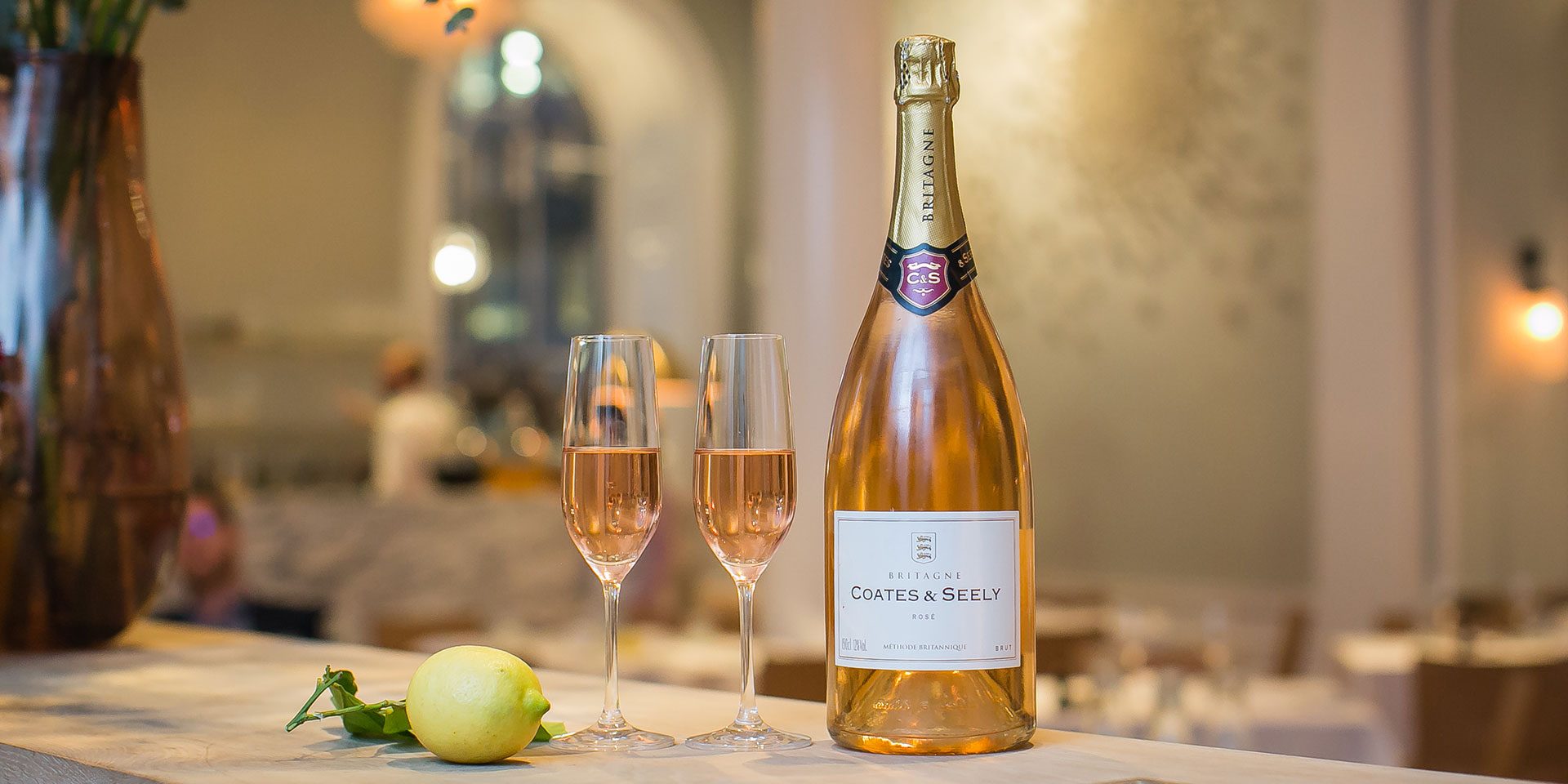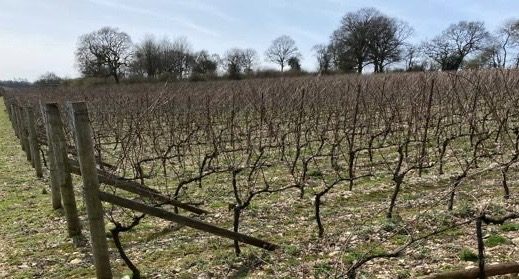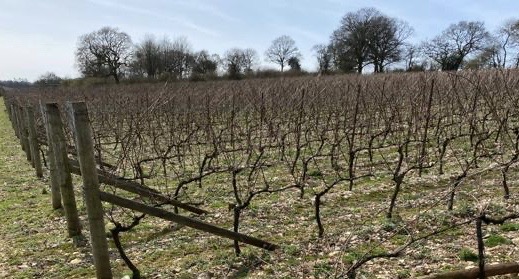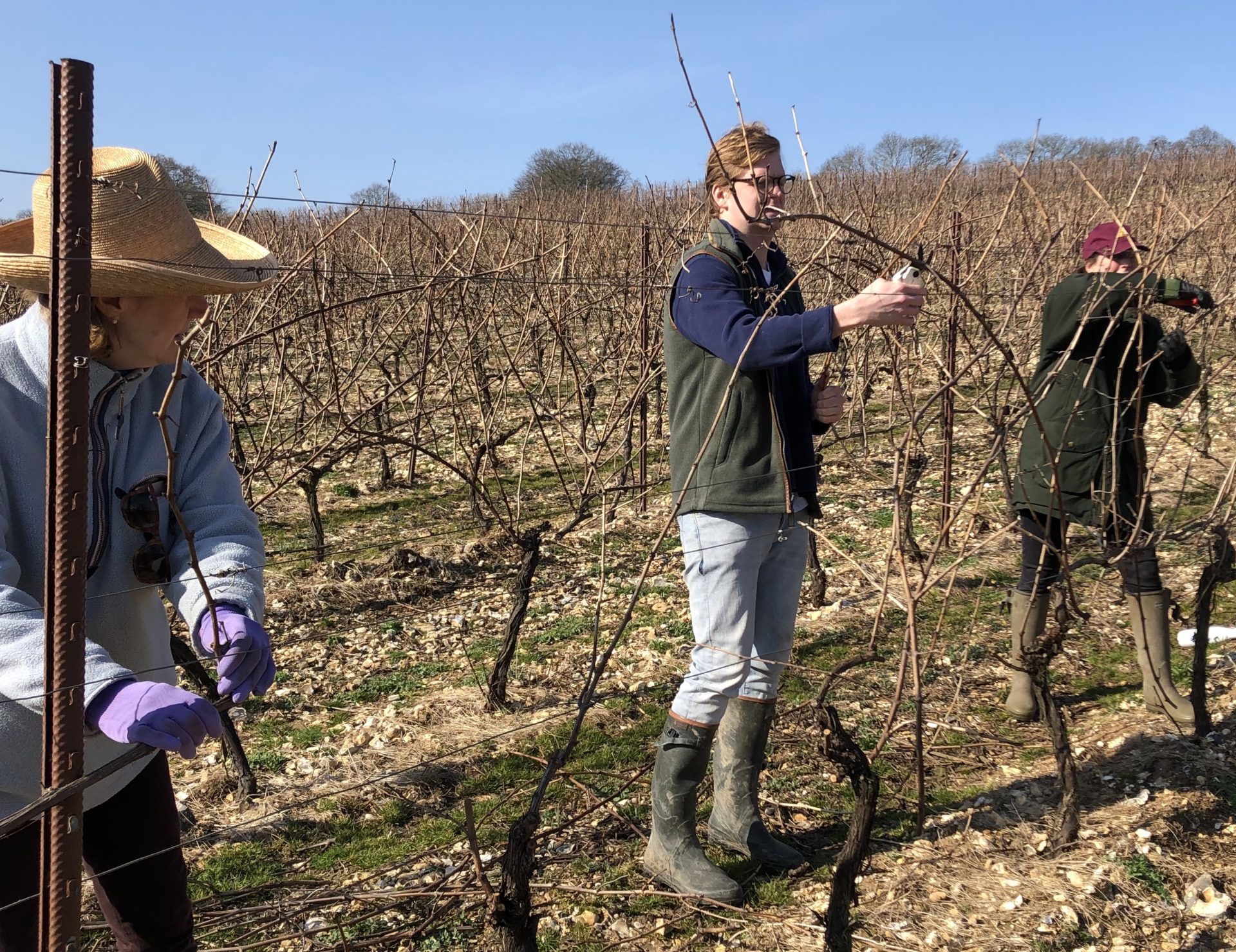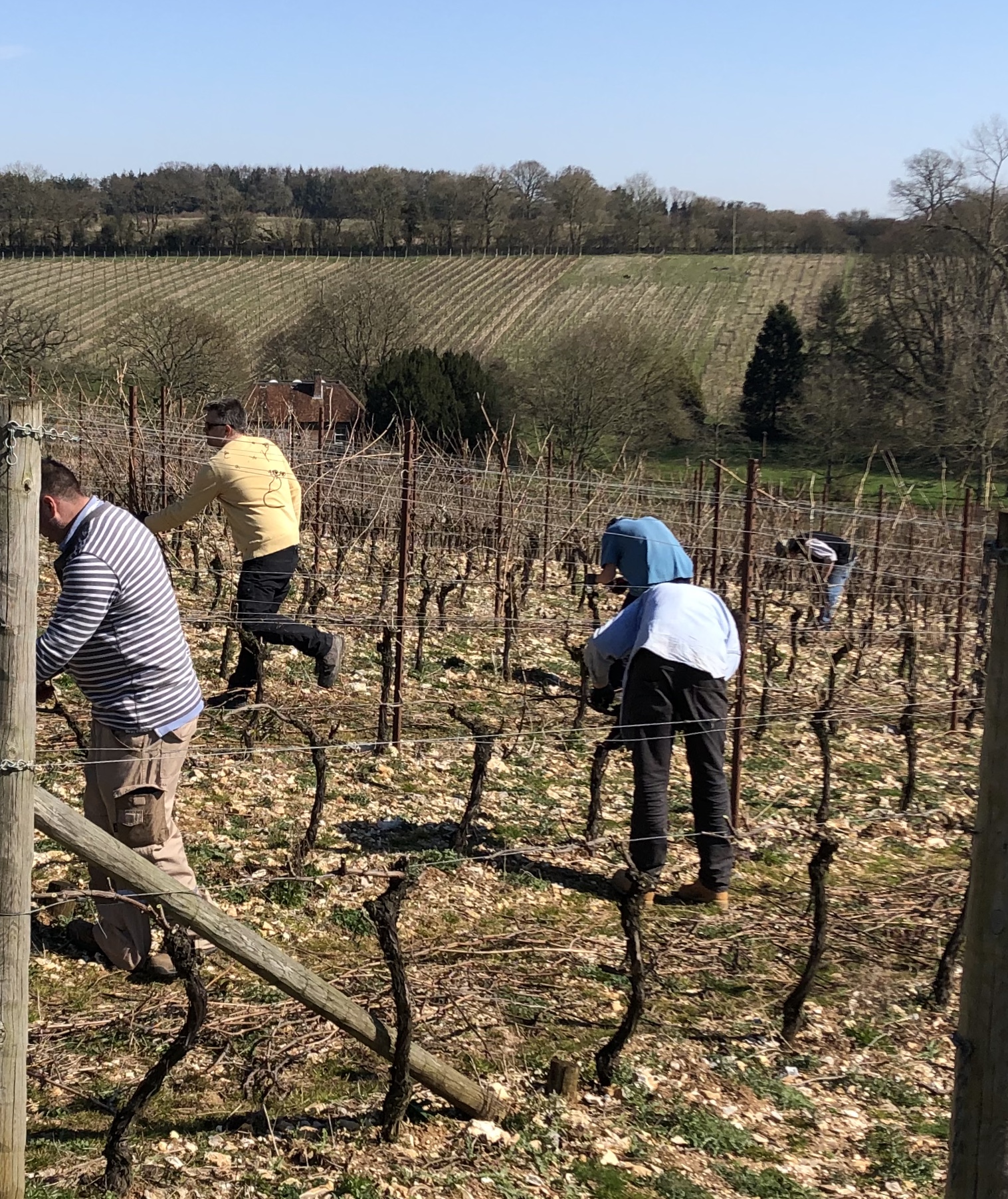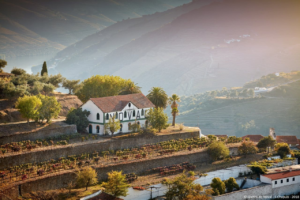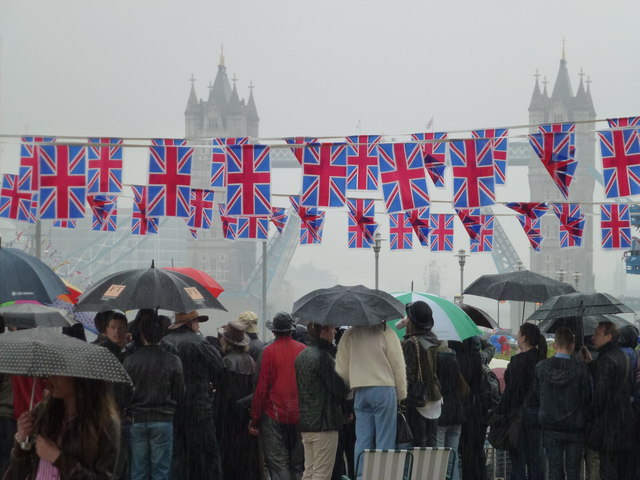Vineyards and Coronavirus
Coates & Seely battle the most deadly of viticultural threats… the vineyard frost
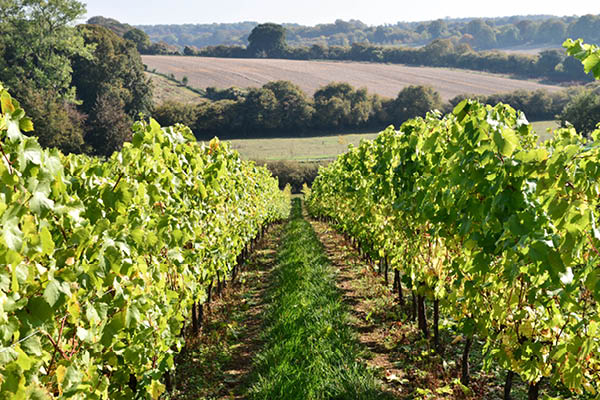
It’s Tuesday, 3am.
The thermometer in the Landrover is showing just 1°C and the sky is bristling with stars.
It is utterly silent.
We head onto the old Whitchurch Road, driving along the valley floor and turn right at the Watership Down pub, heading north along a narrow lane.
When we reach the top of the hill the sky broadens out and to our right the eastern horizon is already beginning to glow.
A pale half-moon hangs, brilliantly frozen, to our left.
As we approach the vineyard the thermometer drops to zero.
We can see Paulo, our vineyard manager, and his wife, Luisa, in the arc-light of the giant fan he has positioned at the bottom of the vine-rows, facing up the slope.
They have the same look of nervous excitement on their faces that we feel in our bellies.
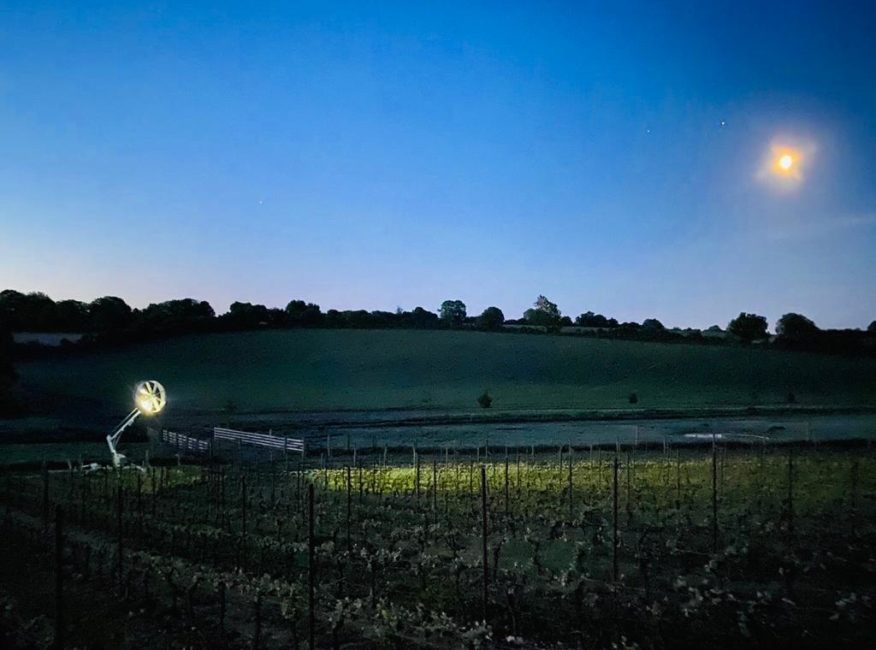
Along the northern and eastern perimeters of the vineyard dozens of wood fires, built the previous day, stand ready to be lit. Clumps of green hay lie alongside them, to generate smoke.
A brief parley.
It is still only 3.30am and the temperature is falling rapidly. We are in trouble. At this time of year the young vines will survive at -1°C to -2°C unaided.
Between -2°C and -4°C they need external help – from heat, air movement, smoke or water – if they are to avoid destruction.
Below -4°C and all bets are off.
The vines, at this stage, are like young children. They need protecting.
Paulo starts the giant turbine that drives the fan. The shape of the blades is designed to blow cold air away and suck in the warmer air that sits directly above it. Its arc covers one quarter of the most vulnerable area of the vineyard.
It is the latest technology, from New Zealand.
As he calibrates the angles of the fan-head, the rest of us move along the long line of fires with firelighters and tapers, lighting each with military precision. Once the fires are raging, we will layer the green hay across them to muffle the flames and create a layer of smoke.
This is the old-fashioned way to prevent vineyard frost.
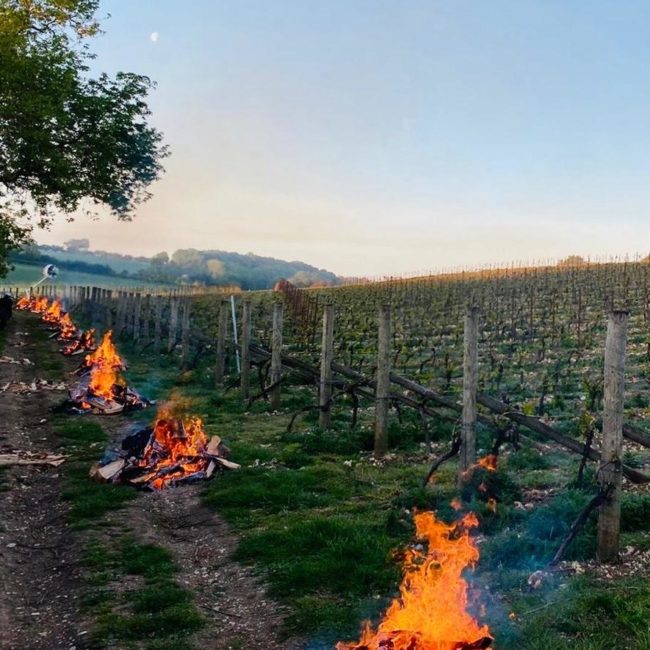
A little later, having finally positioned the giant fan, Paulo appears on a tractor pulling what is known as a ‘Frostbuster’.
Imagine a giant hair-dryer on wheels, but a hundred and fifty times bigger, fuelled by huge gas cannisters, that is towed behind the tractor and blows out an endless stream of hot air.
It is the equivalent of a thousand management consultants, all consulting at once: a lot of noise, a lot of heat, and not much effect.
It is yesterday’s technology.
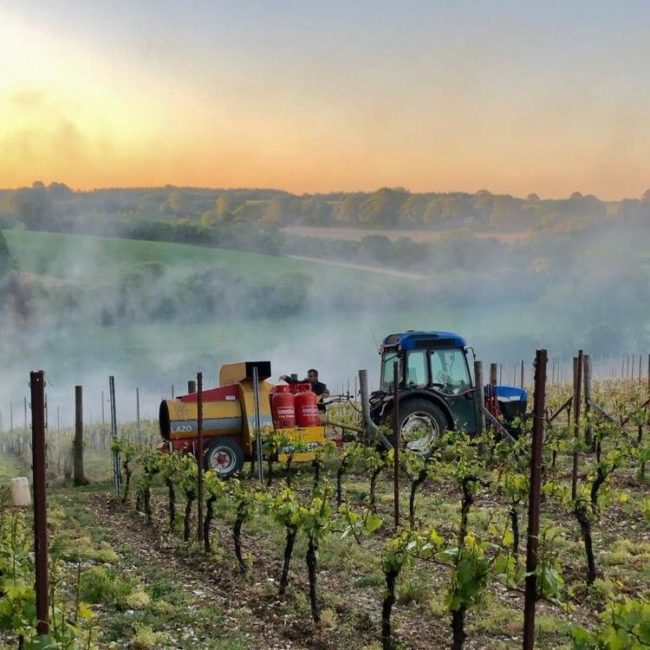
But in times of crisis, action – almost any action – is consolatory.
When we started out as vignerons it was hard to accept, at first, that we could not control our lives, that we were at the mercy of forces beyond us. So we learned, early on, the therapeutic value of activity, and a hard-won resignation.
By 5 am the temperature has fallen to -2°C and is still falling. By sunrise, in 30 minutes, it will have hit the danger zone.
All our defences against the vineyard frost are now up across various parts of the vineyard. There is nothing more we can do. I walk to the top of the hill.
Across the valley, looking eastwards, the faint pink light that had earlier smudged the black silhouette of the treeline is now a blazing orange. When the sun finally rises it catches the delicate layers of smoke that lie across the valley floor, turning them to shades of angry red and black.
It is hard to imagine a scene at once more beautiful and lethal.
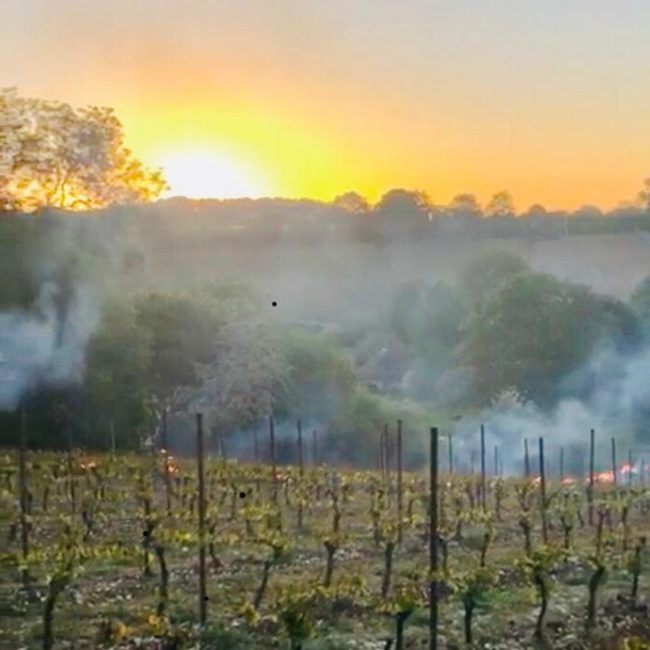
I walk back down through the vines to the others.
As I do my hand is drawn instinctively to some of the frosted vine leaves. I stroke them dry, as I once wiped my children’s fevered foreheads in their sleep. It is only then I realise how much all this means.
We won’t know how much damage there has been until later in the day.
Our work is finally done. We thank one another and part with a comforting sense of solidarity, before making our various ways home. It has been a long and exhausting morning and all the team have worked well. We are fearful but, in the circumstances, could not have done more.
Only time will now tell…
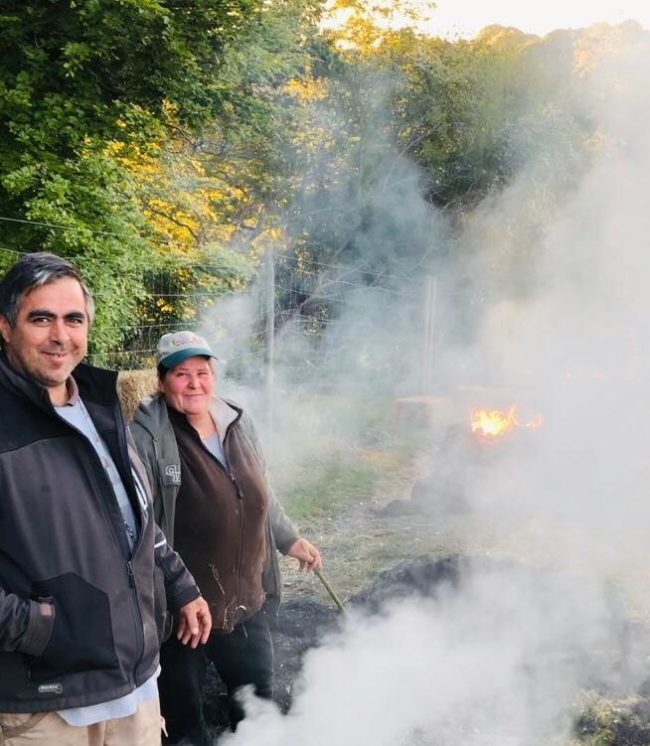
(to be continued….)

